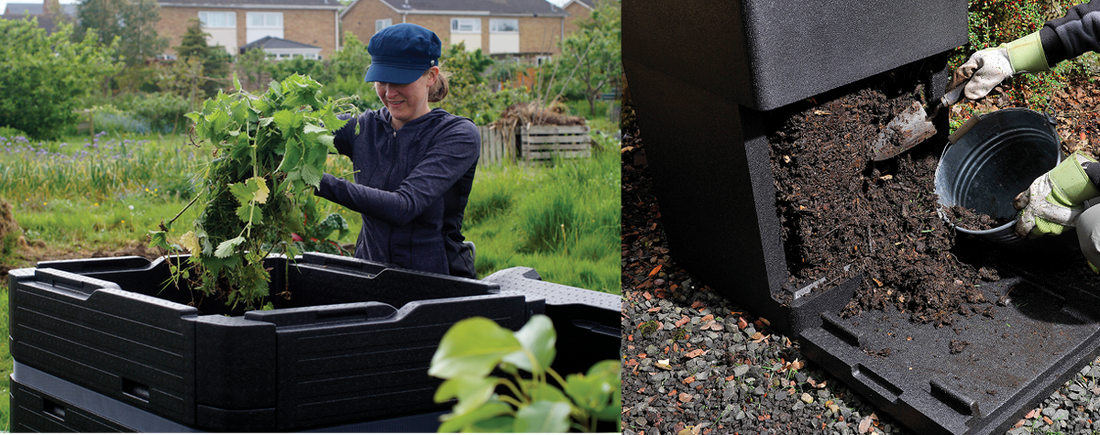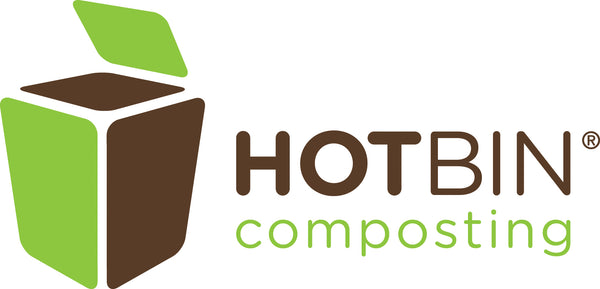By composting food and garden waste, you contribute to environmental sustainability in several significant ways:
1. Reduction of Landfill Waste: Composting diverts a significant portion of waste from landfills. The EPA estimates that 30% of landfill waste is food and garden waste, which could instead be composted. This reduction helps decrease the overall volume of waste in landfills, extending their lifespan.
2. Decrease in Greenhouse Gas Emissions: Organic waste in landfills decomposes anaerobically, producing methane, a greenhouse gas far more potent than carbon dioxide. By composting at home, you prevent this methane production and thus help mitigate climate change. According to the World Wildlife Federation, the greenhouse gas emissions from wasted food in the U.S. are comparable to those produced by 37 million cars.
3. *Enrichment of Soil: Composting produces nutrient-rich soil, often called "black gold," which enhances soil health and fertility. This leads to better plant growth, increased agricultural productivity, and a reduction in the need for chemical fertilizers.
4. Conservation of Resources: By composting, you recycle nutrients back into the ecosystem, reducing the need for chemical fertilizers and conserving natural resources. This practice also saves water by improving soil structure and water retention.
5. Reduction of Waste Transportation Emissions: When you compost at home, you reduce the need for waste transportation to recycling or landfill sites, thereby decreasing emissions from waste collection vehicles.
At HOTBIN Composting, we aim to make home composting accessible and efficient. Our hot composting bin simplifies the process, making it cleaner, faster, and more user-friendly. By adopting home composting, you can make a significant positive impact on the environment, more than you might think. Let's do our part and encourage others to join us in this sustainable practice.

